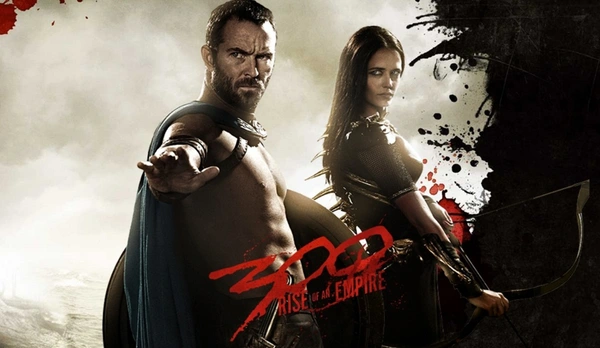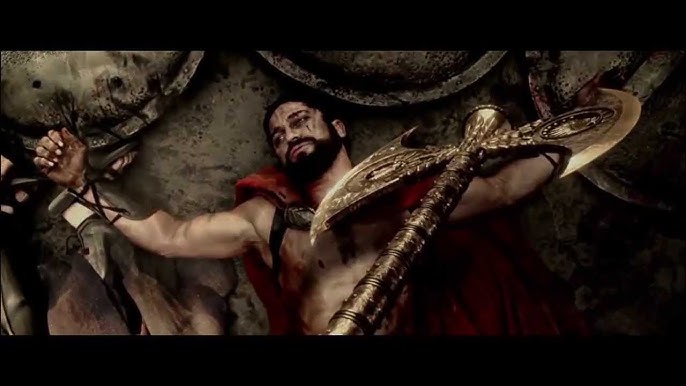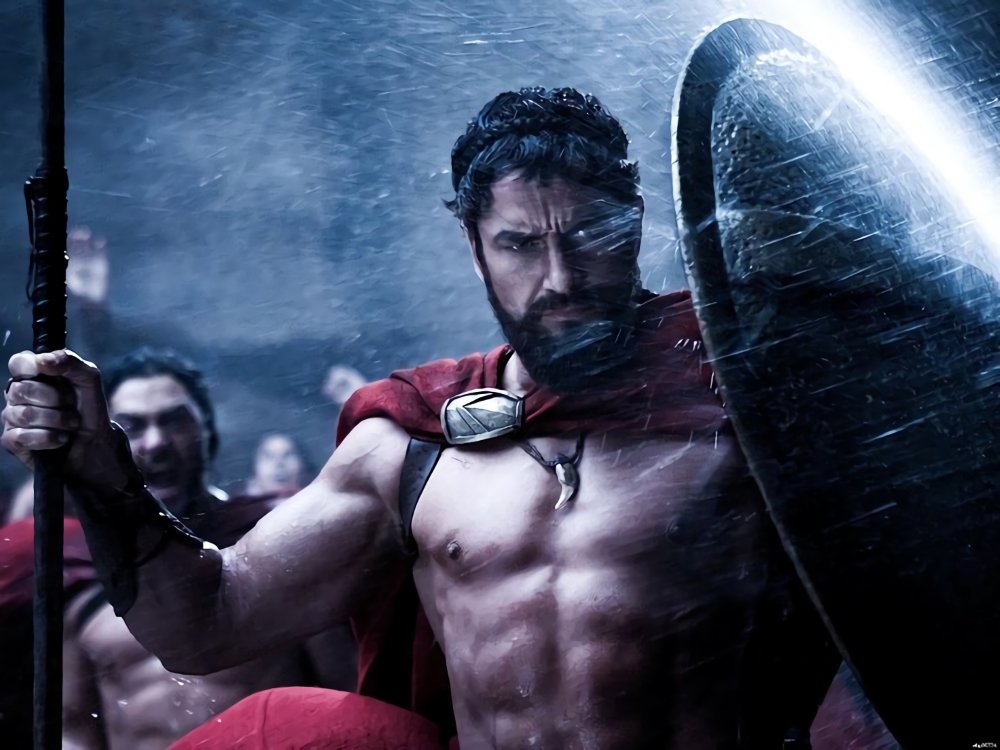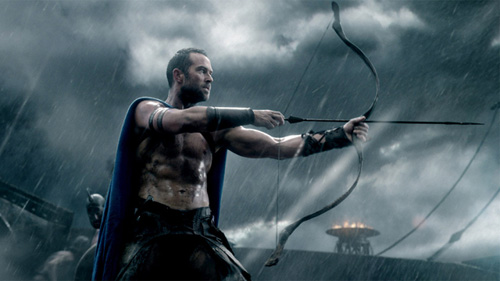𝟯𝟬𝟬: 𝙍𝙞𝙨𝙚 𝙊𝙛 𝘼𝙣 𝙀𝙢𝙥𝙞𝙧𝙚 (𝟮𝟬𝟭𝟰)

Directed by Noam Murro, 300: Rise of an Empire is the 2014 sequel to the highly stylized film 300, based on Frank Miller’s graphic novel Xerxes. While not a direct continuation of the original film, it expands upon the story of the ancient Greek wars against the Persian Empire, focusing on naval battles and the valor of Greek warriors.

Set against the backdrop of the Greco-Persian Wars, 300: Rise of an Empire follows the events leading up to and during the Battle of Artemisium, which occurs simultaneously with the Battle of Thermopylae depicted in the first film. The narrative centers on the Athenian general Themistocles (played by Sullivan Stapleton), who seeks to unite all of Greece against the invading Persian forces led by the formidable naval commander Artemisia (Eva Green). 
As Themistocles strives to rally the Greek city-states and leverage Athenian naval superiority, the film showcases the brutal sea battles that ensue. Artemisia, fueled by revenge for the death of her family, seeks to crush the Greeks and establish Persian dominance. Her cunning and ruthless tactics present a formidable challenge for Themistocles and his forces. 
The film alternates between intense naval combat and the personal struggles of its characters, particularly focusing on Themistocles’ leadership and the complexities of war. The climactic battles culminate in a fierce showdown that will determine the fate of Greece. 











